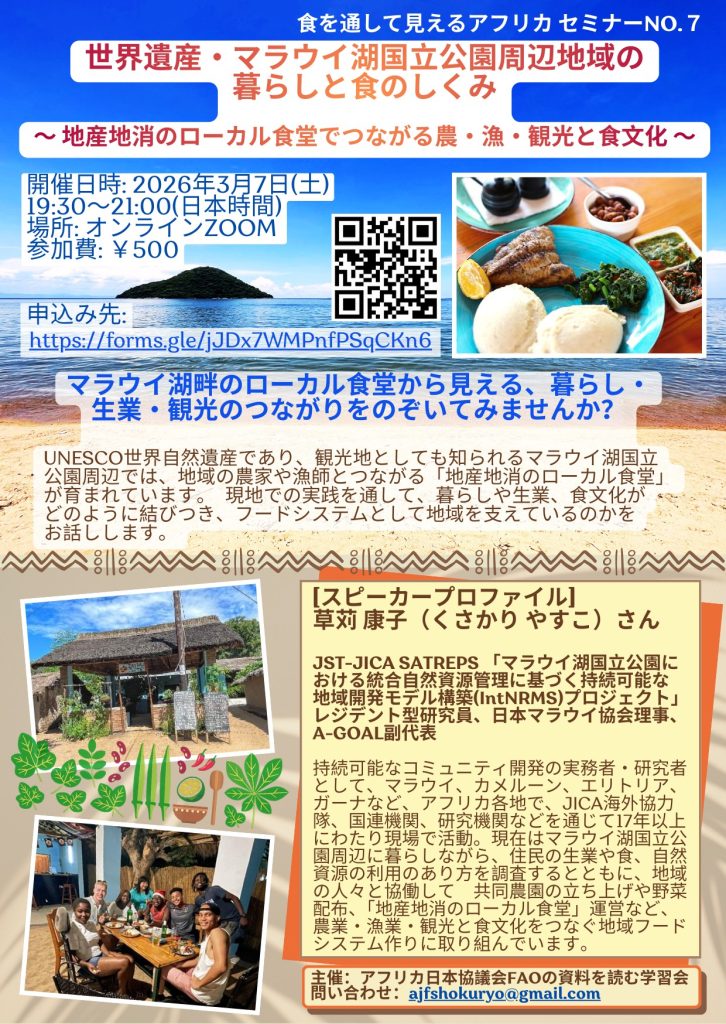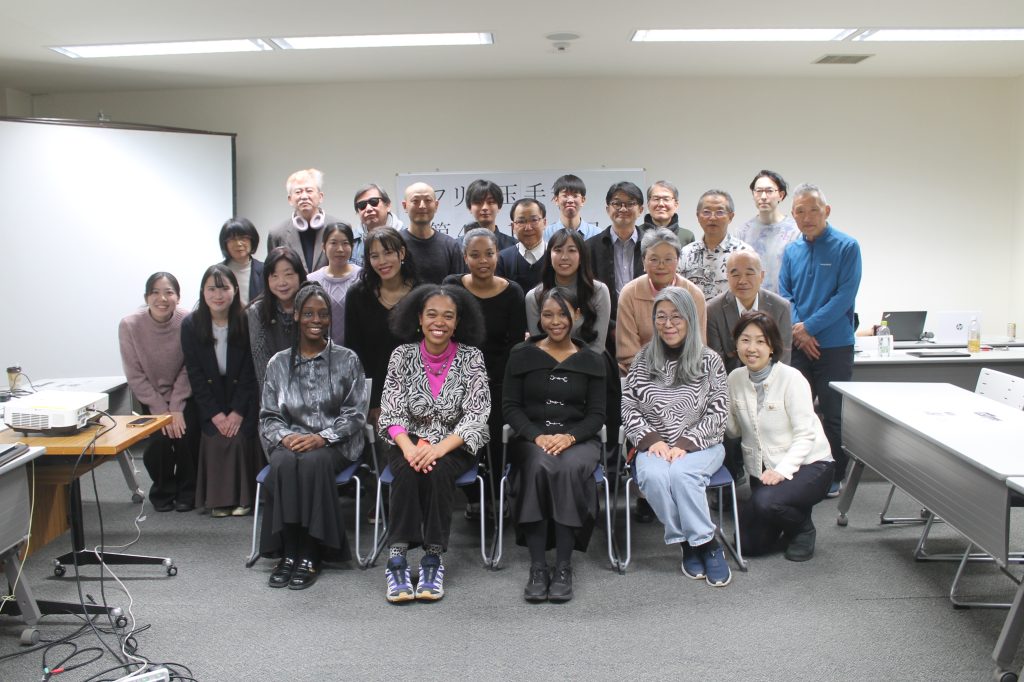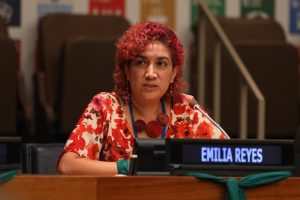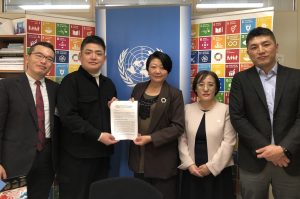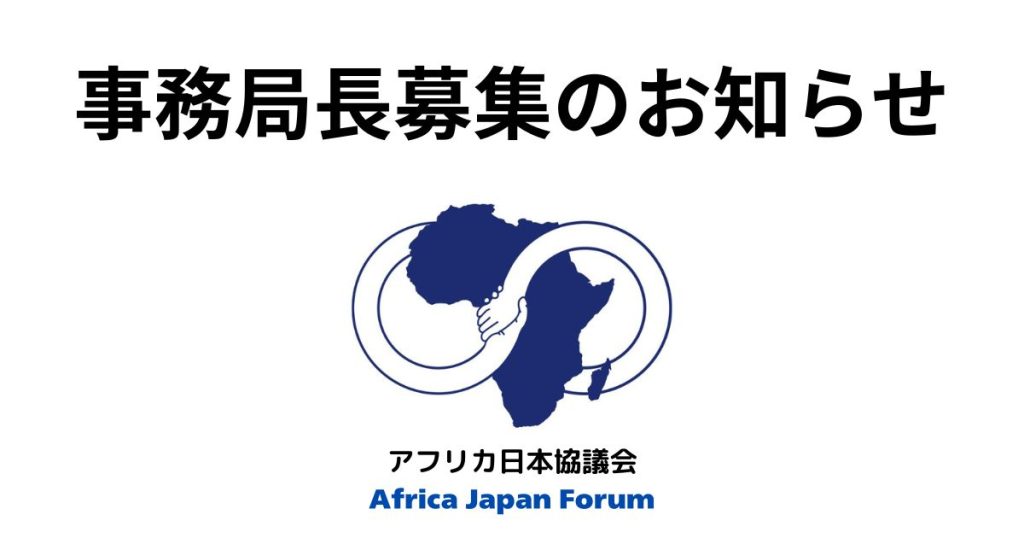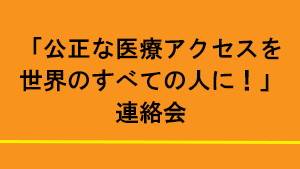Africa-Japan Forum (AJF), in collaboration with two African continental civil society organization networks working on the three major infectious diseases and health system strengthening in Africa, conducted a survey and interview to identify the extent to which Japanese bilateral aid in the health sector is reaching civil society organizations and community-based organizations working on health at the community level. The survey, consisting of a questionnaire and interviews, was conducted from April to June 2022. The purpose of the survey was to review the access, effectiveness and accountability of Japanese bilateral development assistance for health (DAH) in Africa from the community level in light of the attainment of universal health coverage (UHC) in Africa, that means everyone can access quality health and medical services without suffering excessive out-of-pocket payments.
The survey received responses from 105 people in 31 countries all over Sub-Saharan Africa. We then interviewed 10 people among those who replied the questionnaire for more detailed information. A summary of the results is as follows;
・ Except a few African countries where Japan prioritizes its bilateral assistance for health, Japan’s DAH does not fully reach the community level.
・ Community level recognition of Japanese DAH is basically low; only 37% are aware of Japan’s DAH for health infrastructure and equipment, 13% on training provided by JICA and other agencies. And only 8% had experience of being involved in projects of Japanese DAH.
・ African civil society organizations that responded to the survey expressed their willingness to have opportunities of regular dialogue and collaboration and engagement with Japanese bilateral aid agencies.
Based on these results, we propose recommendations on how to ensure that Japan’s bilateral aid in the health sector reaches the communities
You can find the full report and download from here.

